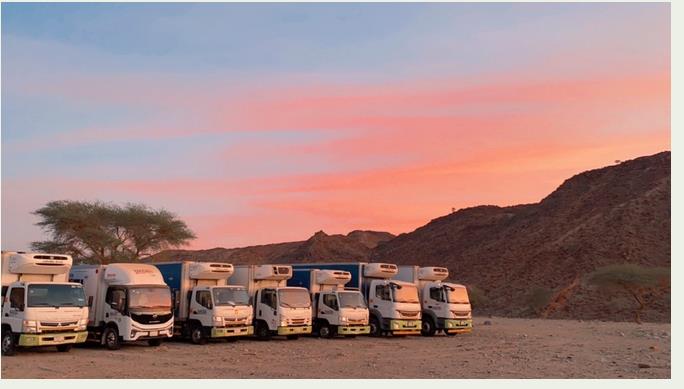
Major businesses and investors in the world’s largest economies should brace themselves for a turbulent transition to a low-carbon future because none of the G20 countries are on track to meet their climate ambitions, according to a new report.
There is “no longer any realistic chance” for an orderly transition for global financial markets because political leaders will be forced to rely on “handbrake” policy interventions to cut emissions, according to research from risk intelligence company Verisk Maplecroft.
At the same time, the report added, investors will face the “increasingly disruptive” impact of severe weather events – made worse by the global climate crisis – which are expected to take a heavier toll on the global economy in the years ahead.
The consultancy, which is part of the $28bn global risk group Verisk Analytics, used the report to warn its multinational clients to prepare for a future which at best might be “disorderly” or at worst to brace themselves for a whiplash of sudden political changes for the global economy. Verisk is one of the world’s largest providers of data used by the global insurance industry to assess the risks faced by major businesses.
The stark warning has emerged from an analysis of the looming gap between the G20’s current greenhouse gas emissions and their 2030 reduction goals, the governments’ planned emissions reduction policies, and a measure of each economy’s carbon intensity.
The report found that while the UK leads global efforts to reduce greenhouse gas emissions among the G20 countries, the failure of all major economies to secure an orderly low-carbon transition would be “bad news for markets and business”.
The performance of the “world’s carbon heavyweights”, the US and China, will be the most important factor in achieving the climate ambitions set out in the 2015 Paris accord, but neither is on track to averting economic turmoil. Although the European Union has taken steps towards smoothing the transition towards the Paris climate goals by raising its carbon-cutting ambitions, the report said, the bloc’s best G20 climate performers, France and Germany, continue to lag behind the UK.
Will Nichols, the head of environments and climate change at Verisk Maplecroft, said: “Major economies like the US, China, the UK, Germany and Japan will need to yank the handbrake on emissions to meet agreed climate goals – at the same time as dangerous rises in extreme weather events play an increasingly disruptive role in the global economy.
“These conditions will leave businesses in carbon-intense sectors facing the most disorderly of transitions to a low-carbon economy, with measures – such as restrictive emissions limits for factories, mandates for buying clean energy, and high levies on carbon – imposed with little warning.”
Although high polluting companies, such as fossil fuel producers, are likely to be hit hardest by the growing risk of kneejerk political crackdowns to limit dangerous levels of greenhouse gas emissions, other industries, including transport, agriculture and mining, should all brace themselves for a turbulent future, according to Rory Clisby, one of the authors of the report.
“Our data underscores that it is clear there is no longer any realistic chance of an orderly transition,” Clisby said. “Companies and investors across all asset classes must prepare for at best a disorderly transition and at worst a whiplash from a succession of rapid shifts in policy across a host of vulnerable sectors.”












